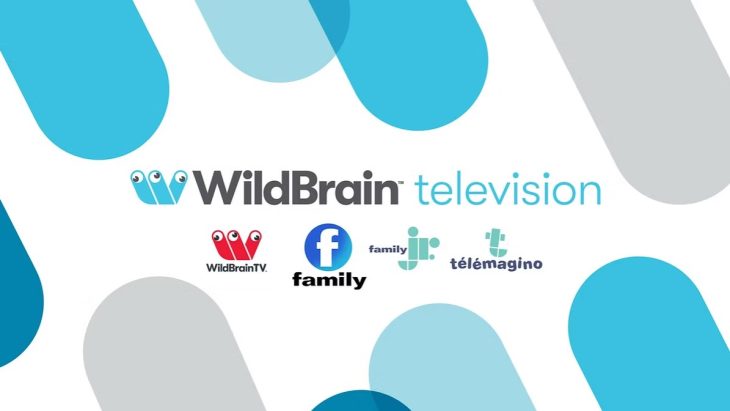
By Connie Thiessen
WildBrain has announced it’s ending its broadcast channel business, including Family Channel, Family Jr., WildBrainTV and Télémagino.
The kids’ and family entertainment purveyor said it has been unable to negotiate a new carriage agreement with Rogers to carry the aforementioned channels after the CRTC found the cable giant wasn’t subjecting them to an undue disadvantage. WildBrain says Rogers has subsequently told it that it intends to remove the channels from its distribution service in the coming months. Together with its failure to secure a similar deal with Bell following a similar CRTC decision, WildBrain’s previously-announced $40 million deal to sell a majority stake in the channels to Halifax-based IoM Media Ventures will no longer go ahead, making unviable the channel business, it said.
Wildbrain says it will surrender its licences to the CRTC.
“For nearly four decades, Family Channel has been a trusted destination for Canadian kids and families,” WildBrain President and CEO Josh Scherba said in a company announcement. “We’re incredibly proud of the legacy we’ve built—thanks to our loyal viewers, dedicated television employees and the many talented Canadian producers we’ve partnered with.
“While it is unfortunate that the channels will be discontinued, the impact on our broader business is minimal and does not affect our go-forward strategy. WildBrain remains a global leader in kids’ and family entertainment, with unique strengths in monetizing entertainment IP across content creation, audience engagement and global licensing. We have deliberately positioned our business to align with changing consumer habits, including a strategic exit from the declining broadcast space in Canada,” he continued.
Scherba noted that the company experienced 17 per cent growth year-to-date through its third fiscal quarter, underscoring the strength of its diversified platforms beyond its TV business, despite “ongoing industry headwinds.”
“We remain focused on sustaining that momentum by leveraging our iconic IP—such as Peanuts, Strawberry Shortcake and Teletubbies—across streaming, YouTube, consumer products and immersive fan experiences,” he said. “As the entertainment landscape evolves, so do we—with a clear vision and an unwavering commitment to delivering quality content and beloved brands to kids and families around the world.”
The move means WildBrain will no longer be subject to Canadian control restrictions under the Broadcasting Act and will subsequently remove its variable voting structure applicable to non-Canadian shareholders. The company says simplifying its voting structure will provide greater strategic flexibility and opportunities.
Cartt reported that the day after it reported that it was in renegotiation talks with IoM Media Ventures, Wildbrain filed an application in the Ontario Superior Court alleging Bell failed to properly terminate their carry agreement. It had asked the court to order Bell to resubmit the notice of termination, which would give the media company a statutory carry extension of 180 days.
There has been no movement on the file as of Monday afternoon, according to court staff, and a Cartt inquiry to Wildbrain about whether this means it will terminate that litigation was not answered in time for publishing.
The CRTC is currently reviewing the relationship between programmers and distributors, with one point of focus being on what to do about children’s services. The commission previously noted that “with the increasing availability of content on online platforms, Canadians face a corresponding increase in choice with respect to their viewing habits.”
It’s a point that has been emphasized by Rogers, which has said that it has had to make business decisions on linear based on the fact that eyeballs on such content are moving online.
Last month, Corus, which is embroiled in a distribution fight with Rogers, told us it was pulling the plug on some children’s services come September 1.
With files from Ahmad Hathout



